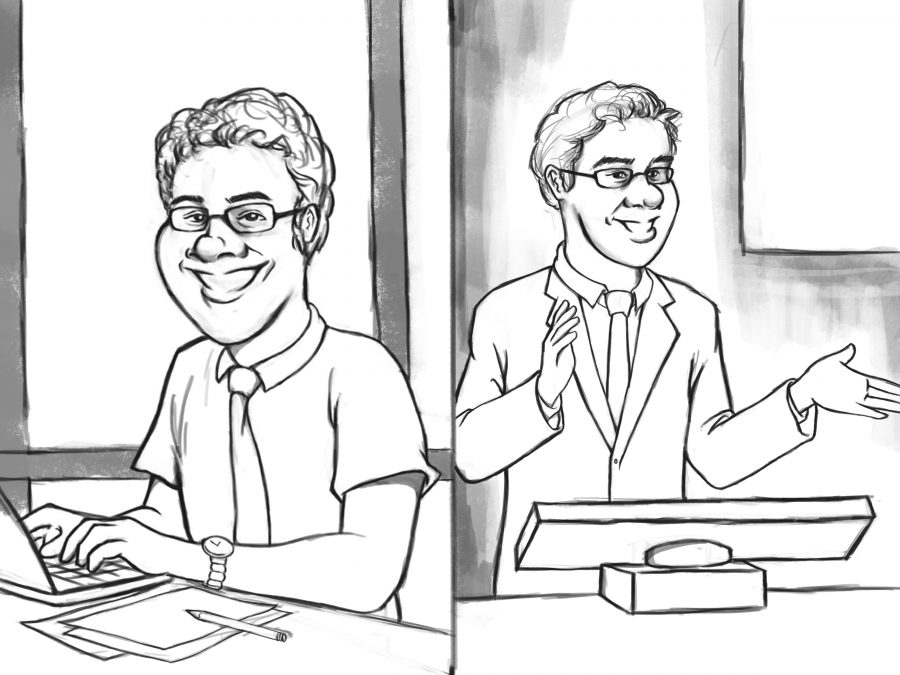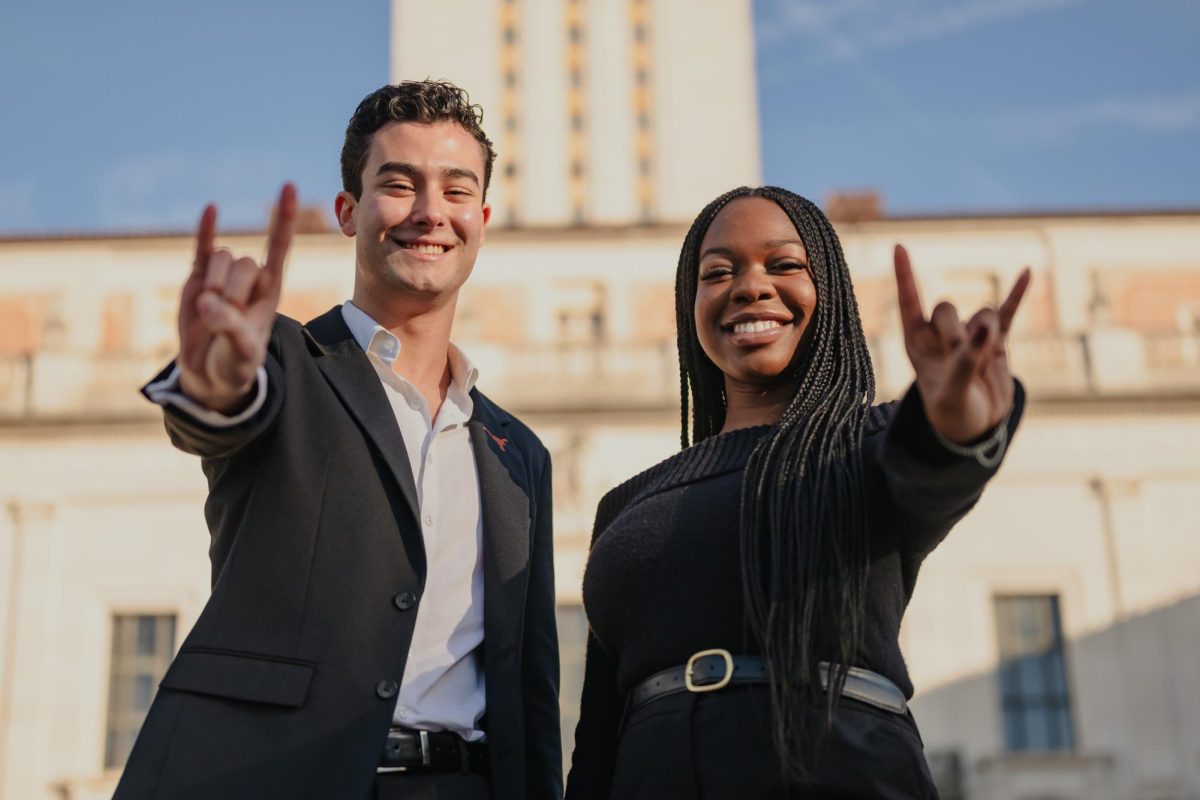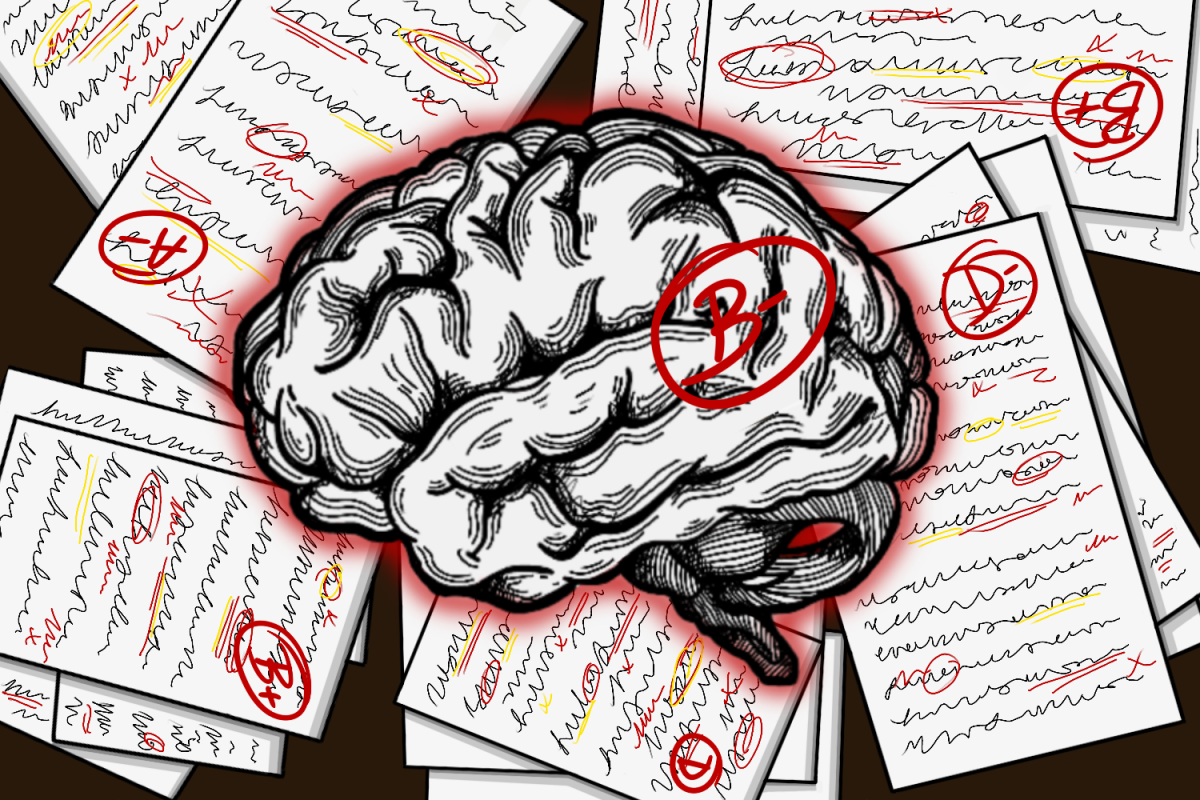What does it mean to be an educated person? This is the most important question we must ask ourselves on a college campus.
Universities, by definition, turn us into educated citizens — men and women with more access to the accumulated learning in various disciplines (biology, history and engineering, to name a few) than the average person who has not attended a similar campus. The college experience is an immersion of the individual in a sea of ideas, perspectives and provocations. It is like jumping into the ocean and then swimming in various directions to see different coastlines.
This exercise is designed to stimulate life-long reflections about nothing less than the purpose of existence. “Who am I?” every college student asks. “What do I want to become?” “How will I get there?”
College is about asking these questions repeatedly. An educated life is about continuing to pose these questions in other professional, family and spiritual settings. The educated person is self-reflective and self-aware. The educated person knows many things, of course, but she recognizes there are many things she does not know. To be educated is to be humbled by the enormity of the world and the limits of even the most talented individual.
The “universal” root of “university” is the recognition of how enormous the world and its elements are. The educated person does not think he can master everything, or even a fraction of it. He seeks to make some sense of the enormity, to chart worthwhile pathways and to find meaning that gives the journey enduring value.
The learning that college opens for the graduate is about the many sources of meaning and value that individuals can pursue amid a disorienting and competitive world. Returning to the ocean metaphor, life without higher education is like swimming without full vision. Education helps us to see more.
College, then, is not about earning power, although it increases the income of nearly every graduate. College is, instead, about adventure and growth. It is a mind-expanding enterprise, setting its participants on a path of continued exploration and learning that is hard to replicate any other way.
College is an intensive training of the intellect and the senses. Educated men and women are not always smarter, but they have a richer and more complex understanding of their surroundings. To be educated is to appreciate — and ultimately benefit from — the many colors, shapes and sizes of the human experience.
That is why I have never left college.
As a professor I have the unmatched opportunity to research, analyze and teach about the many dimensions of human society. Every day I immerse myself in observing how different people have formulated policy around issues of security, sustenance, justice and reform. I study decision-making and its effects. I examine the influences that drive policy change in various organizations — including governments, militaries, businesses and schools. I analyze the consequences and lessons of these policies for our own challenges today.
Ultimately, life in the university provides me the opportunity to deepen and expand our collective understanding of how humans organize themselves and how they use their power. I love studying and teaching this stuff! Sometimes my readers and students feel the same way…
I have written this weekly column for the Daily Texan throughout the academic year because I fear we have lost sight of why education matters, even as we benefit from it every day. Think how little we talk about learning and meaning at a great university. We obsess about other important, but still less central, topics instead.
Although money, buildings and sports matter, our business is learning, and our focus must remain on that topic above all. Education is our core mission and our distraction from it allows the other issues to define how we behave toward one another and how outside groups behave toward us.
My goal in writing these columns has been to provoke a vigorous discussion about the most valuable things we do at a university to educate through research, teaching and dialogue. My faith is that most of us understand but few of us communicate effectively about these issues, especially to those who have not had the privilege of spending time on our campus.
We must devote more effort — as individuals and as an institution — to describing what we really care about. That is how we can ensure our actions match our aspirations. We must also devote more effort to describing what we really care about so that we can convince people across our society to value, support and join our efforts. We must become a more articulate campus with clearer voices and fewer walls.
Our educational mission is the most powerful antidote to the cynicism, pettiness and partisanship of our time. We must lead by educating. We must lead by modeling how educated people can inspire and improve themselves as well as others.
Suri is a professor in the LBJ School of Public Affairs and the Department of History. Follow Suri on Twitter @JeremiSuri.





















